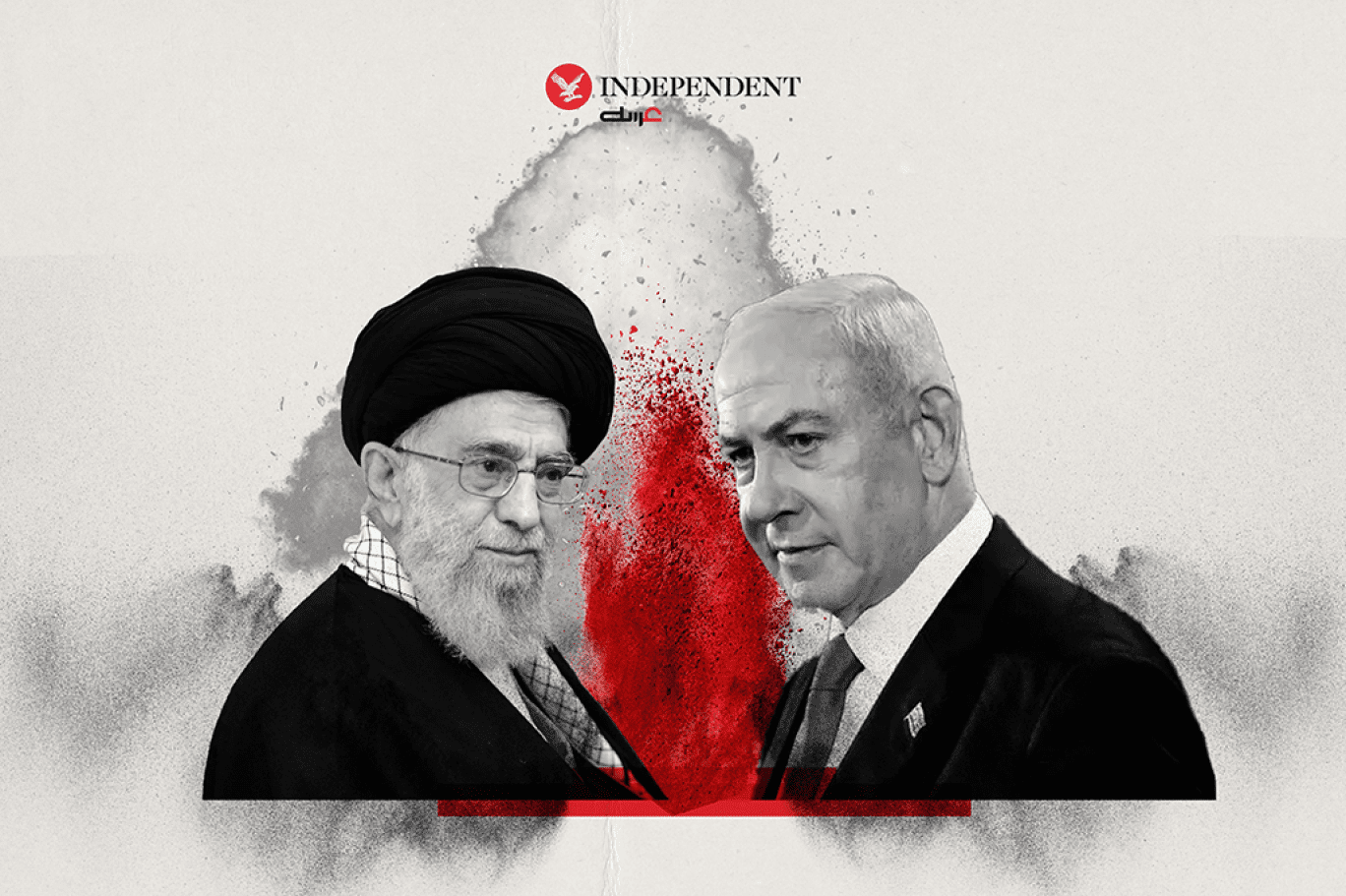For more than a century, U.S. diplomats in Russia have had to fend off propaganda, outright lies, harassment and seduction, often simultaneously. Our envoys have been gulled into damaging concessions, and their Washington bosses have proved just as susceptible. Recall Franklin Roosevelt’s appalling observation about Joseph Stalin: “I think if I give him everything that I possibly can and ask nothing from him in return, noblesse oblige, he won’t try to annex anything and will work for a world of democracy and peace.” Incredibly, Roosevelt’s mindset, with variations, persists in many contemporary American leaders.
John J. Sullivan worked for two such presidents, first as deputy secretary of state from May 2017 to December 2019, and as U.S. ambassador to Russia from then until September 2022. In “Midnight in Moscow,” Mr. Sullivan describes what it was like.
Mr. Sullivan focuses on the events before, during and after Russia’s Feb. 24, 2022, invasion of Ukraine, but he covers considerable additional territory. His legal career and experience under prior Republican presidents made him a natural for deputy secretary. Mike Pompeo, as the new secretary of state, kept him on after Rex Tillerson was unceremoniously purged by President Trump in March 2018. Mr. Trump, if he wins in November, may find Mr. Sullivan too experienced, grounded and loyal to the Constitution to serve in a second term. His is a cautionary tale for those thinking about joining a Trump administration redivivus.
Mr. Sullivan describes Mr. Trump’s “chaotic and undisciplined style,” as when he fired Mr. Tillerson via tweet—an episode that captured the tumult that made Mr. Tillerson, among others, “completely miscast for his role—any role—in an administration [so] undisciplined and unconventional.” Mr. Trump “would not or could not draw a distinction between his own interests and those of the country he was leading,” Mr. Sullivan concludes.
He was dispatched to Moscow without the traditional photograph with the president. Mr. Sullivan never spoke with him thereafter—not even to have a courtesy meeting before the ambassador’s departure: another reminder of Mr. Trump’s limited comprehension of running a government, especially in national security.
President Biden kept the ambassador in place. Mr. Sullivan paints a telling picture of State Department operations, especially the unglamorous but critical job of keeping Embassy Moscow functioning in a hostile environment, exacerbated further by the Covid-19 pandemic.
Outside their embassies, our ambassadors have responsibilities for Americans living or visiting their respective countries. They strive, for example, to ensure that U.S. citizens arrested, legitimately or otherwise, receive fair, humane treatment. The Kremlin’s use of innocents abroad as human pawns greatly complicated that effort. Mr. Biden explicitly embraced outright hostage swapping (with Russia, Iran and others), significantly departing from Ronald Reagan’s opposition to trading guiltless victims for criminals or spies. Mr. Trump has recently pilloried swaps for well-known victims, like WNBA star Brittney Griner, but Mr. Sullivan reveals that the Trump administration attempted exactly that in 2020, unsuccessfully offering to trade convicted Russian criminals for Paul Whelan and Trevor Reed, two Americans held in Russian prisons, since released.
Describing Mr. Biden’s actions prior to Russia’s invasion of Ukraine, Mr. Sullivan shows that the president’s minimal emphasis on deterring Moscow contributed to Vladimir Putin’s confidence that he could succeed. At Mr. Biden’s June 2021 Geneva summit with Mr. Putin, Ukraine barely came up. Nor did it often arise at lower levels in the following four months, further confirming to Moscow that Mr. Biden gave it low priority. Watching “the calamitous and tragic American withdrawal from Afghanistan,” the Kremlin “drew a direct connection to Ukraine,” Mr. Sullivan writes. Nikolai Patrushev, Moscow’s then-counterpart to our national security advisor, predicted that Ukraine, like Afghanistan, “would be left to ‘the whim of fate.’ ” Mr. Sullivan found the Afghanistan pullout the only point at which even ordinary Russians expressed “to me personally their contempt for the United States.”
The Biden administration, then and now, seemed completely unaware that its behavior was encouraging the Kremlin to believe that a second invasion of Ukraine would produce the same response as Barack Obama’s after Russia attacked the Donbas region and annexed Crimea in 2014—essentially no response at all. At least from Embassy Moscow’s perspective, there is little evidence that Mr. Biden’s policy makers were thinking hard about deterring a renewed Russian assault.
On Oct. 25, 2021, Mr. Sullivan, then in Washington, attended an intelligence-community briefing at the National Security Council, stressing that Russia was “undertaking a massive aggregation of forces” on its Ukraine border, preparing to invade. This news “changed everything in my life,” he writes. He was “struck . . . that the information had come together so quickly.” The week before, he had “met with the senior U.S. military leadership in Europe, and no one had raised an alarm about an imminent invasion of Ukraine by Russia.”
Eventually, when Russia’s intention became obvious, Mr. Biden sent CIA Director Bill Burns to Moscow to tell Mr. Putin that our response to an invasion would be “devastating.” But the Russian leader had seen Washington’s feckless response to his aggression in 2014 and the incompetent Afghanistan withdrawal in 2021. Why should he have listened?
Mr. Biden’s subsequent public releases of intelligence, touted as an administration success, obviously failed to make a difference in Mr. Putin’s calculations. Moreover, U.S. intelligence badly underestimated Kyiv’s resolve and capacity to resist Moscow’s assault, which led to Mr. Biden’s unwillingness to provide additional lethal support to Ukraine before the invasion began.
Mr. Sullivan has made an important contribution to understanding what transpired in Washington and the Kremlin concerning Russia’s unprovoked 2022 aggression, and what might have been done differently. Unfortunately, it’s still midnight in Moscow.
For more than a century, U.S. diplomats in Russia have had to fend off propaganda, outright lies, harassment and seduction, often simultaneously. Our envoys have been gulled into damaging concessions, and their Washington bosses have proved just as susceptible. Recall Franklin Roosevelt’s appalling observation about Joseph Stalin: “I think if I give him everything that I possibly can and ask nothing from him in return, noblesse oblige, he won’t try to annex anything and will work for a world of democracy and peace.” Incredibly, Roosevelt’s mindset, with variations, persists in many contemporary American leaders.
John J. Sullivan worked for two such presidents, first as deputy secretary of state from May 2017 to December 2019, and as U.S. ambassador to Russia from then until September 2022. In “Midnight in Moscow,” Mr. Sullivan describes what it was like.
Mr. Sullivan focuses on the events before, during and after Russia’s Feb. 24, 2022, invasion of Ukraine, but he covers considerable additional territory. His legal career and experience under prior Republican presidents made him a natural for deputy secretary. Mike Pompeo, as the new secretary of state, kept him on after Rex Tillerson was unceremoniously purged by President Trump in March 2018. Mr. Trump, if he wins in November, may find Mr. Sullivan too experienced, grounded and loyal to the Constitution to serve in a second term. His is a cautionary tale for those thinking about joining a Trump administration redivivus.
Mr. Sullivan describes Mr. Trump’s “chaotic and undisciplined style,” as when he fired Mr. Tillerson via tweet—an episode that captured the tumult that made Mr. Tillerson, among others, “completely miscast for his role—any role—in an administration [so] undisciplined and unconventional.” Mr. Trump “would not or could not draw a distinction between his own interests and those of the country he was leading,” Mr. Sullivan concludes.
He was dispatched to Moscow without the traditional photograph with the president. Mr. Sullivan never spoke with him thereafter—not even to have a courtesy meeting before the ambassador’s departure: another reminder of Mr. Trump’s limited comprehension of running a government, especially in national security.
President Biden kept the ambassador in place. Mr. Sullivan paints a telling picture of State Department operations, especially the unglamorous but critical job of keeping Embassy Moscow functioning in a hostile environment, exacerbated further by the Covid-19 pandemic.
Outside their embassies, our ambassadors have responsibilities for Americans living or visiting their respective countries. They strive, for example, to ensure that U.S. citizens arrested, legitimately or otherwise, receive fair, humane treatment. The Kremlin’s use of innocents abroad as human pawns greatly complicated that effort. Mr. Biden explicitly embraced outright hostage swapping (with Russia, Iran and others), significantly departing from Ronald Reagan’s opposition to trading guiltless victims for criminals or spies. Mr. Trump has recently pilloried swaps for well-known victims, like WNBA star Brittney Griner, but Mr. Sullivan reveals that the Trump administration attempted exactly that in 2020, unsuccessfully offering to trade convicted Russian criminals for Paul Whelan and Trevor Reed, two Americans held in Russian prisons, since released.
Describing Mr. Biden’s actions prior to Russia’s invasion of Ukraine, Mr. Sullivan shows that the president’s minimal emphasis on deterring Moscow contributed to Vladimir Putin’s confidence that he could succeed. At Mr. Biden’s June 2021 Geneva summit with Mr. Putin, Ukraine barely came up. Nor did it often arise at lower levels in the following four months, further confirming to Moscow that Mr. Biden gave it low priority. Watching “the calamitous and tragic American withdrawal from Afghanistan,” the Kremlin “drew a direct connection to Ukraine,” Mr. Sullivan writes. Nikolai Patrushev, Moscow’s then-counterpart to our national security advisor, predicted that Ukraine, like Afghanistan, “would be left to ‘the whim of fate.’ ” Mr. Sullivan found the Afghanistan pullout the only point at which even ordinary Russians expressed “to me personally their contempt for the United States.”
The Biden administration, then and now, seemed completely unaware that its behavior was encouraging the Kremlin to believe that a second invasion of Ukraine would produce the same response as Barack Obama’s after Russia attacked the Donbas region and annexed Crimea in 2014—essentially no response at all. At least from Embassy Moscow’s perspective, there is little evidence that Mr. Biden’s policy makers were thinking hard about deterring a renewed Russian assault.
On Oct. 25, 2021, Mr. Sullivan, then in Washington, attended an intelligence-community briefing at the National Security Council, stressing that Russia was “undertaking a massive aggregation of forces” on its Ukraine border, preparing to invade. This news “changed everything in my life,” he writes. He was “struck . . . that the information had come together so quickly.” The week before, he had “met with the senior U.S. military leadership in Europe, and no one had raised an alarm about an imminent invasion of Ukraine by Russia.”
Eventually, when Russia’s intention became obvious, Mr. Biden sent CIA Director Bill Burns to Moscow to tell Mr. Putin that our response to an invasion would be “devastating.” But the Russian leader had seen Washington’s feckless response to his aggression in 2014 and the incompetent Afghanistan withdrawal in 2021. Why should he have listened?
Mr. Biden’s subsequent public releases of intelligence, touted as an administration success, obviously failed to make a difference in Mr. Putin’s calculations. Moreover, U.S. intelligence badly underestimated Kyiv’s resolve and capacity to resist Moscow’s assault, which led to Mr. Biden’s unwillingness to provide additional lethal support to Ukraine before the invasion began.
Mr. Sullivan has made an important contribution to understanding what transpired in Washington and the Kremlin concerning Russia’s unprovoked 2022 aggression, and what might have been done differently. Unfortunately, it’s still midnight in Moscow.
Mr. Bolton, a former U.S. ambassador to the United Nations, served as national security adviser from April 2018 to September 2019.
This article was first published in the Wall Street Journal on September 22, 2024. Click here to read the original article.








